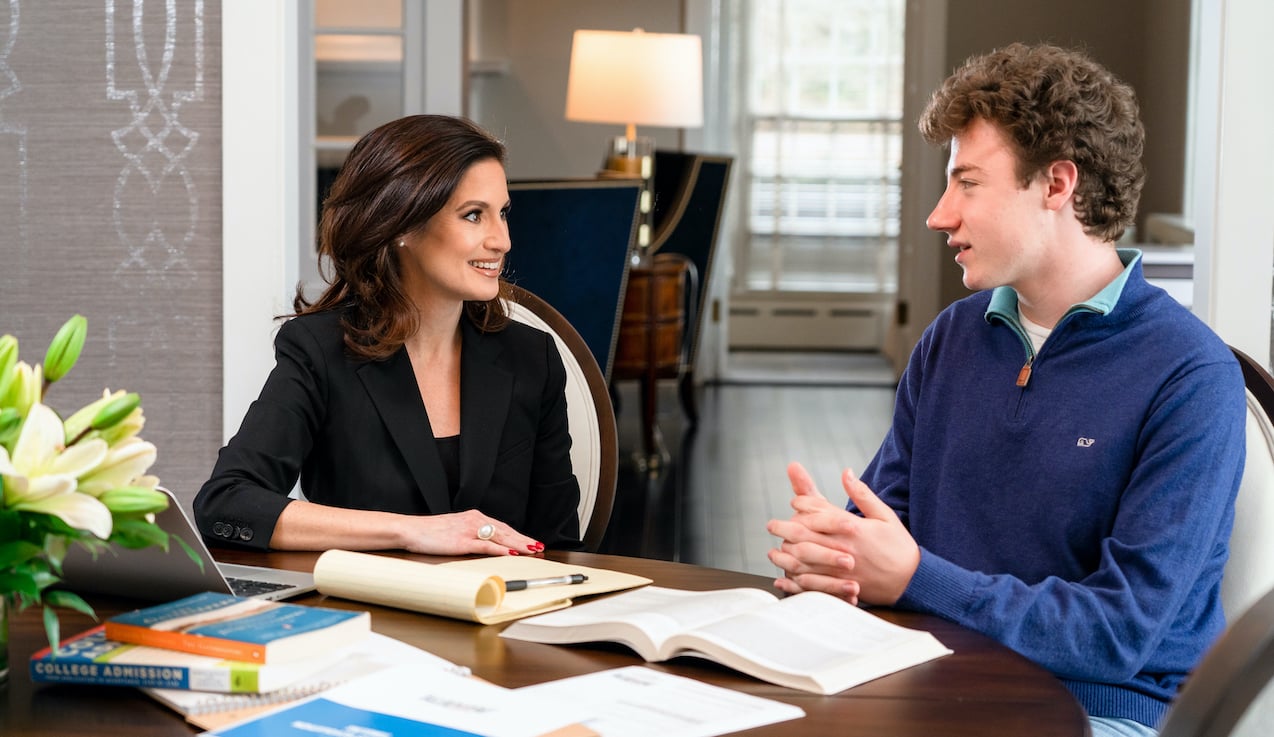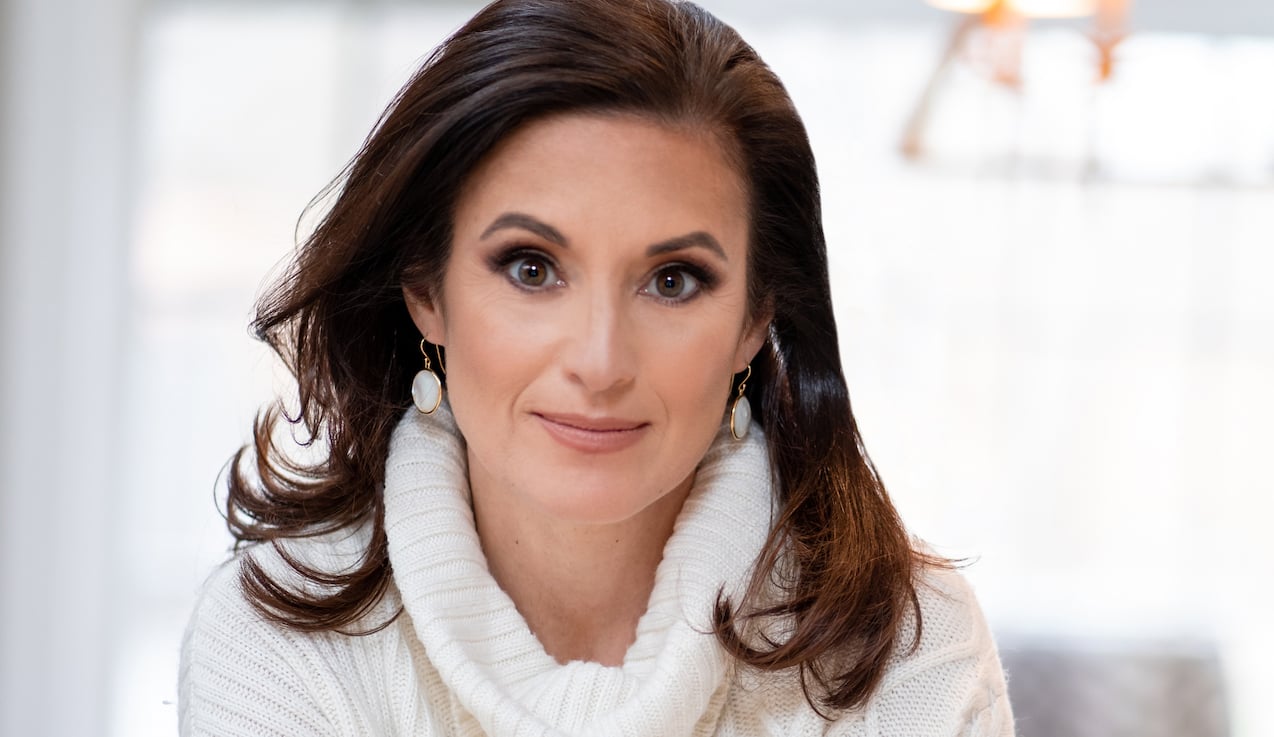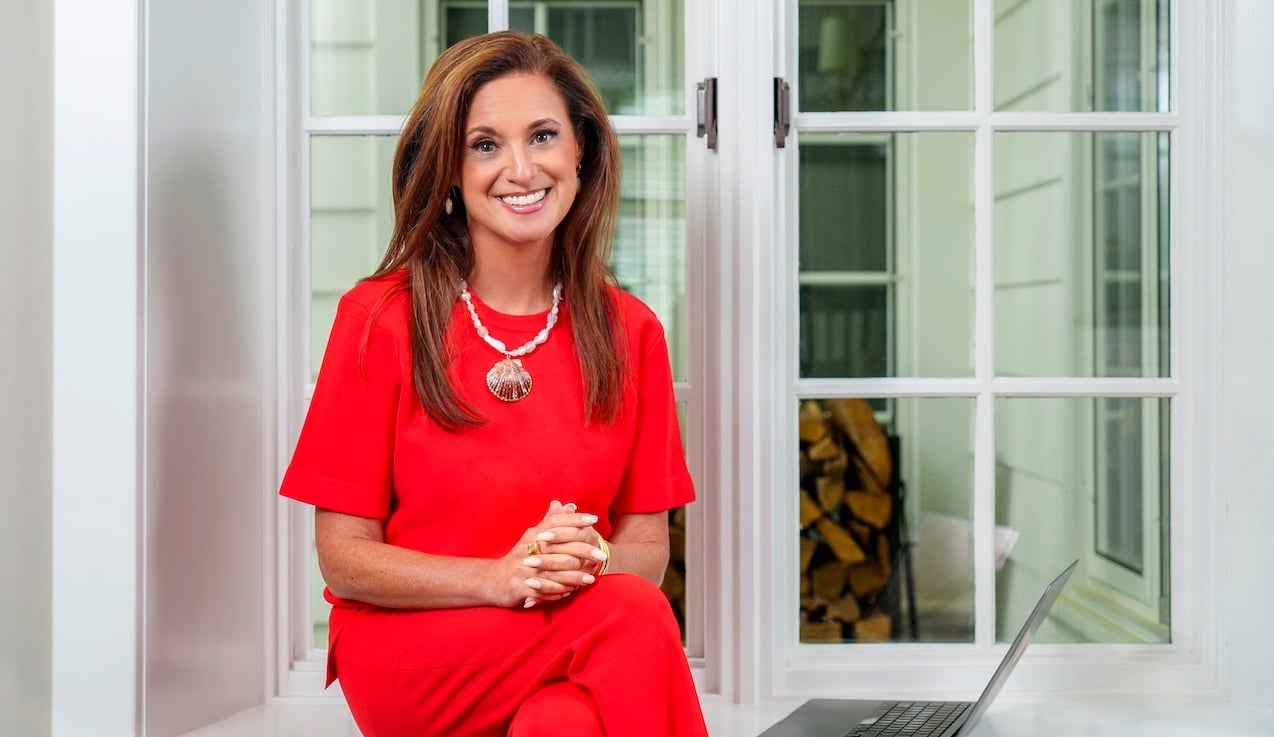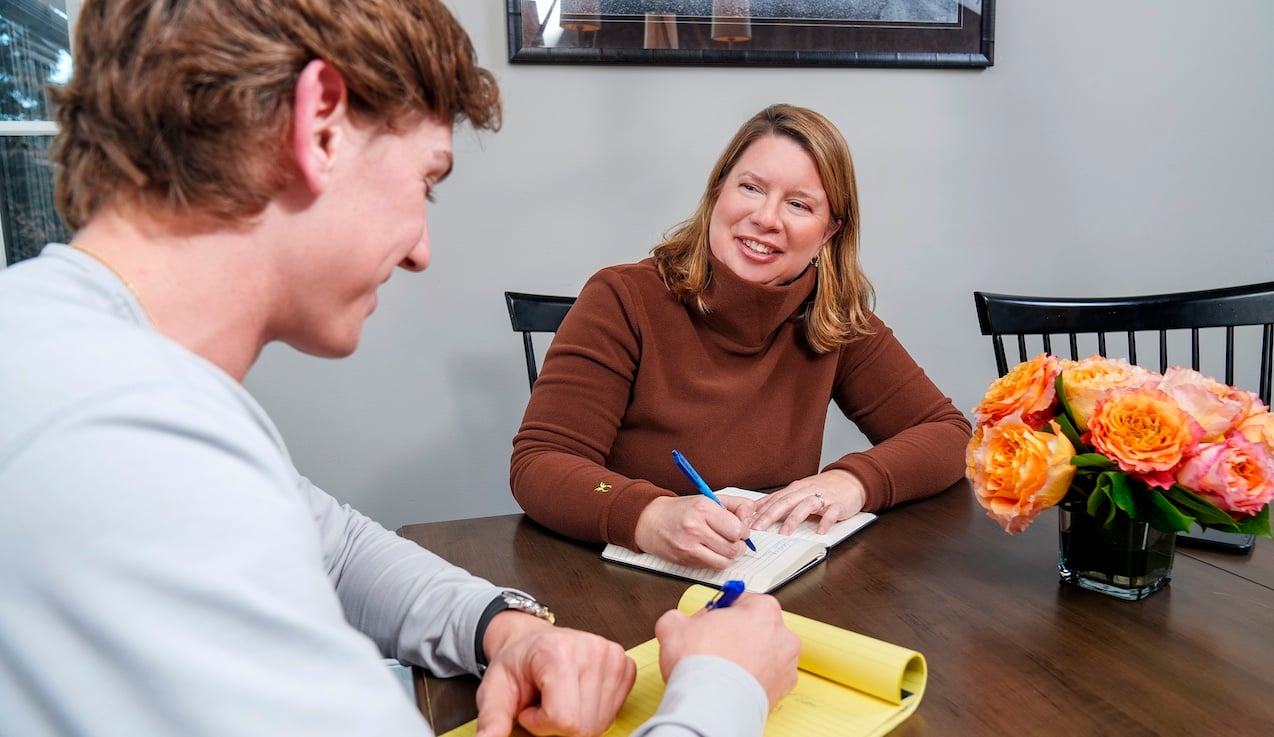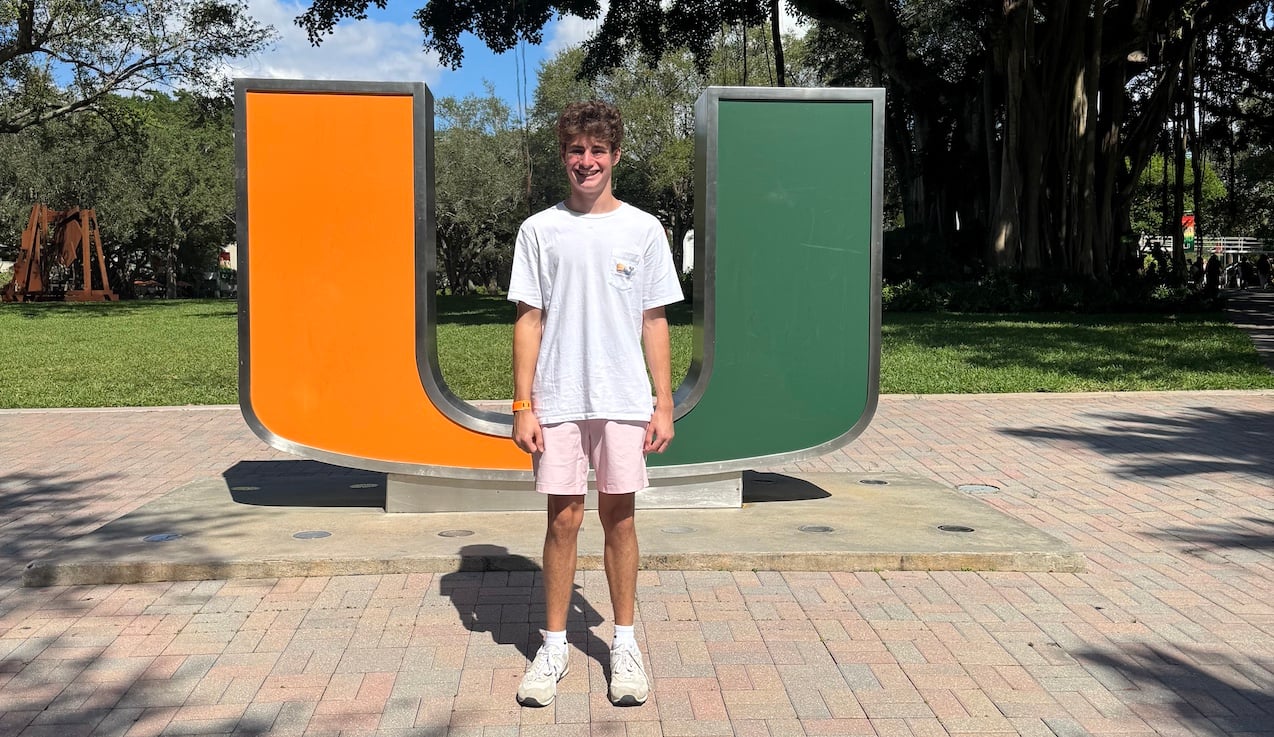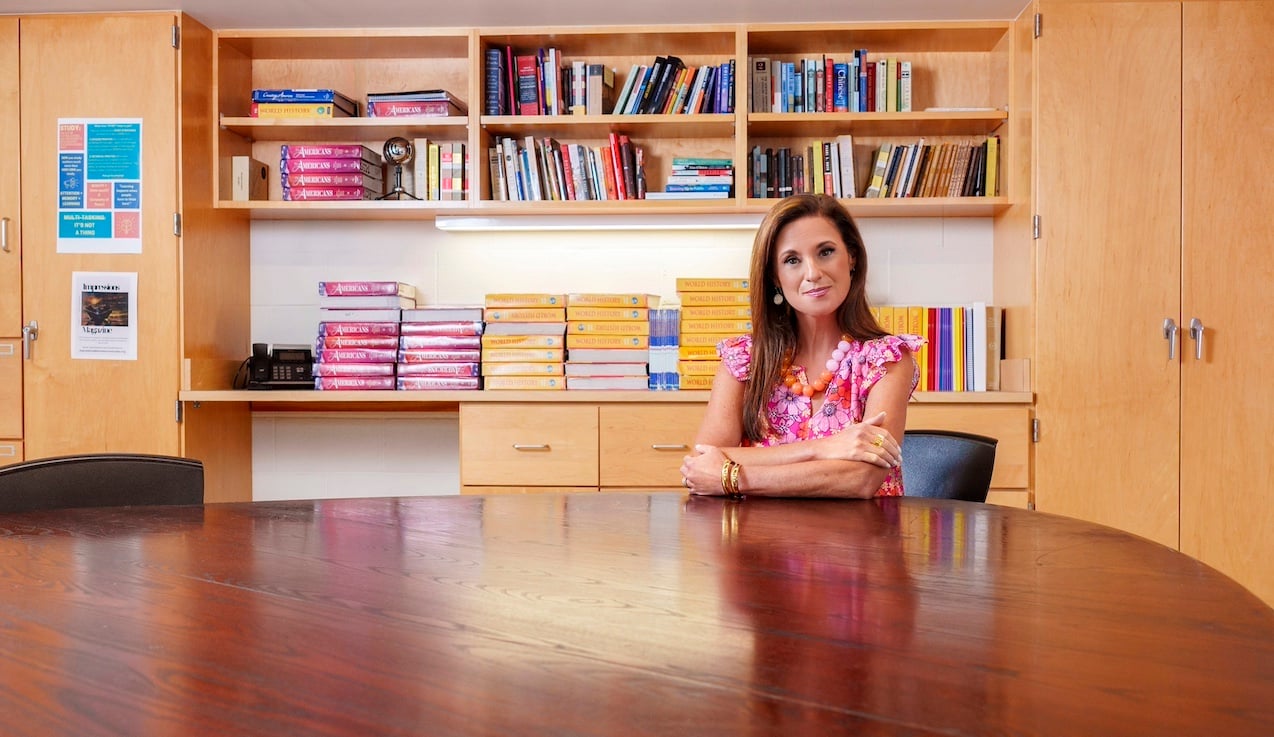High school college counselors have one of the toughest jobs around. I know. I used to be one. They are often carrying a caseload of hundreds of students and the weight of their students' futures in their hands.
With many high schools adopting a hybrid or virtual approach to the school year since COVID hit, there is less opportunity for students to interact with their college counselor. The demands on college counselors' plates grew tenfold during the pandemic with curriculum changes and new policies to implement in the midst of writing letters of recommendation for students. This leaves college counselors little time for impromptu meetings with a student or being able to get right back to them with answers to their questions.
If a student has a new college counselor this year or hasn't had a chance to spend valuable time with them, all is not lost. Navigating the college admissions process just got easier in these scenarios:
1. Have you had limited interaction with your college counselor?
If so, reach out to them via email (or in person) to set up a meeting. Be ready with a list of questions in hand and follow up the meeting with a summary of everything you discussed. Having it in writing can be extremely helpful for the college counselor so that they can refer to it when writing your letter of recommendation.
2. Are you having a hard time hearing back from your college counselor?
This time of year is extremely busy for college counselors, but getting answers or reassurance from them gives a student peace of mind. If it's been several days or a week without an email reply, call the college counseling office. If that doesn't yield any results, you may have to contact another administrator at the high school.
3. Is your college counselor unable to do something for you like write a letter of recommendation, send first quarter senior year grades, or help you out?
Seek out another administrator like the gifted or International Baccalaureate coordinator, vice principal, or principal. They may be able to step in on your behalf, and their advocacy for you tends to send a very positive message to admissions officers.
4. Are you worried about your college counselor having too much to do that they are not able to write a detailed letter of recommendation for you?
Regardless of whether or not you are able to meet virtually or in person with your counselor, outline the most important things about yourself in writing, via email. This can include the following:
- Anything unusual about your background or life
- Scheduling conflicts that inhibited your ability to take certain classes
- Personal anecdotes that support the message you are trying to convey in your applications
- The impact you have made on your high school and community
While resumes are often requested, they are not nearly as helpful as one might think. With a resume in hand, the college counselor tends to repeat information in the letter of recommendation which is already in the student's application. The college counselor's own impressions of you are much more valuable to admissions officers than listing your activities and honors once again.
5. Did a mistake happen where the wrong college was listed in a letter of recommendation or something was not sent on time?
As frustrating as this sounds, it can happen. Reach out to your college counselor and see if they are willing to rectify the situation immediately. If not, you may need to have a supervisor or other administrator at the high school get involved. And if that doesn't resolve the situation, the student can contact the admissions office directly to find out what steps can be taken.
Related reading: When to Update Colleges After Your Applications Are In
I remember feeling just as lost and concerned about my college prospects when I was in high school. I attended a very large public high school with guidance counselors, not college counselors. Their plates were full with students at risk of dropping out or simply surviving. Applying to college was almost a luxury, but one that continues to lead to social mobility, personal fulfillment, and a legacy of higher education for those around us. We are all in this together: students, parents, college counselors, and me.





